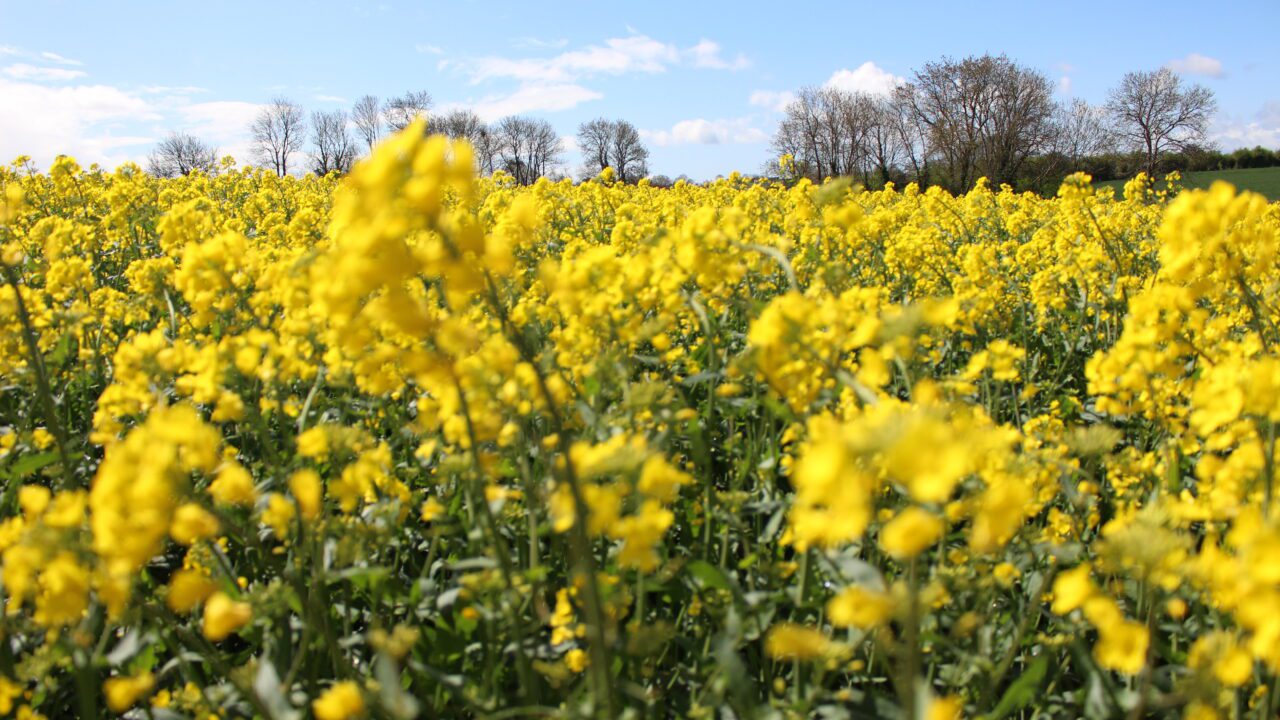As the area of oilseed rape grown in Ireland continues to increase, so does the risk of growers encountering the challenge of clubroot within these crops.
This is a fungal root infection, which impacts on all members of the brassica family, including cabbage, swede, broccoli, Brussels sprouts and rape crops.
Such is the growing concern amongst Teagasc tillage specialists about the threat posed by clubroot to oilseed rape crops, that Oak-Park-based Dr. Steven Kildea, has produced an information video on the subject.
“The disease causes the roots of rape plants to expand, forming so-called galls. This causes a restriction on the uptake of nutrients.
“Infections can kick-in as soon as the newly germinated plant starts to grow. In some cases visible evidence of crops dying back can be seen as early as the winter months,” he added.
“In other circumstances, the disease may not become fully apparent until rape crops start to extend on the spring.”
Clubroot and oilseed rape
According to Kildea, clubroot is a serious disease. It is also a very long-lived pathogen.
“This is one of the very concerning issues, when it comes to dealing with the problem,” Kildea further explained.
“As an infected crop dies back, more fungal spores are released into the soil. These are very long lived and so can create problems for growers over many years.”
All of this has implications for the rotations followed with oilseed rape crops.
“Clubroot spores could live in soil for up to 10 years; we really don’t know at this stage,” he continued.
“Given these circumstances Teagasc is advising that oilseed rape should only be grown on the basis of a five-year rotation.
“Clubroot is one of those diseases that needs a long rotation, in order to take it out of the brassica.”
The threat of clubroot also brings into focus the seed mix that can be included in a cover crop that follows oilseed rape.
Mustard and Shepherd’s Purse are cruciferous weeds that can help to maintain the threat of clubroot within specific field.
The same principle also holds where volunteer oilseed rape plants from a previous crop start to grow.
“Reducing the threat posed by fungal spores in the soil requires fields having a total break from brassica species of all kinds,” the Teagasc tillage specialist stressed.
“Short rotations of oilseed rape will also allow for the build-up of inoculum, which is why it is so important to maintain the five-year rule.”
